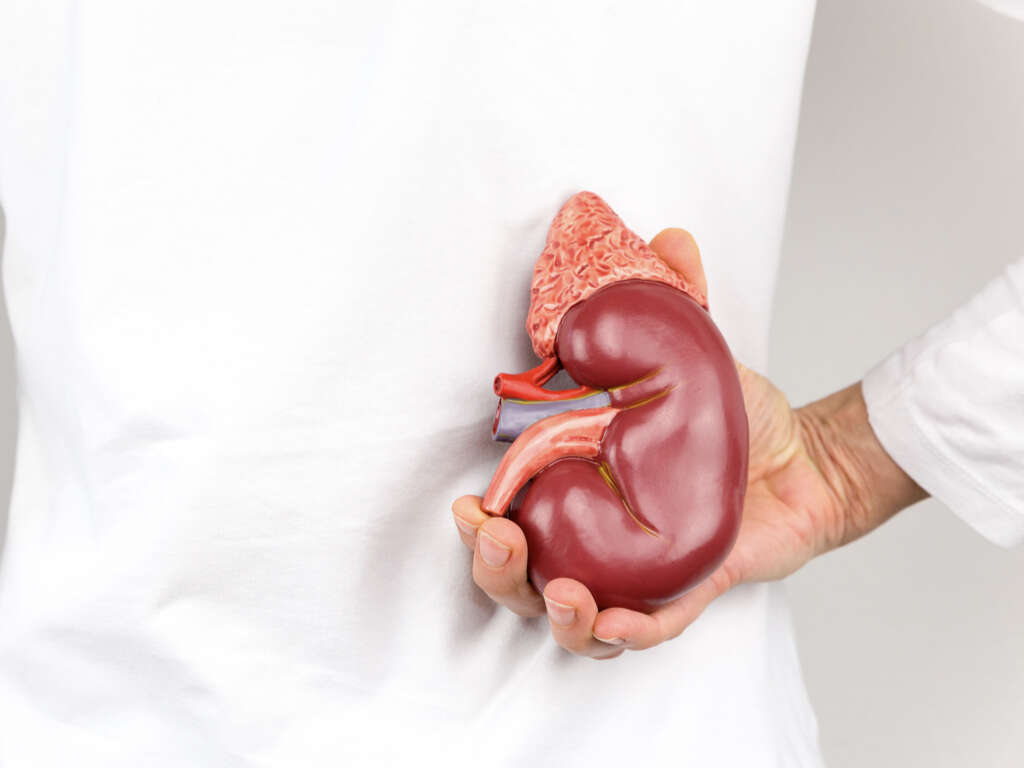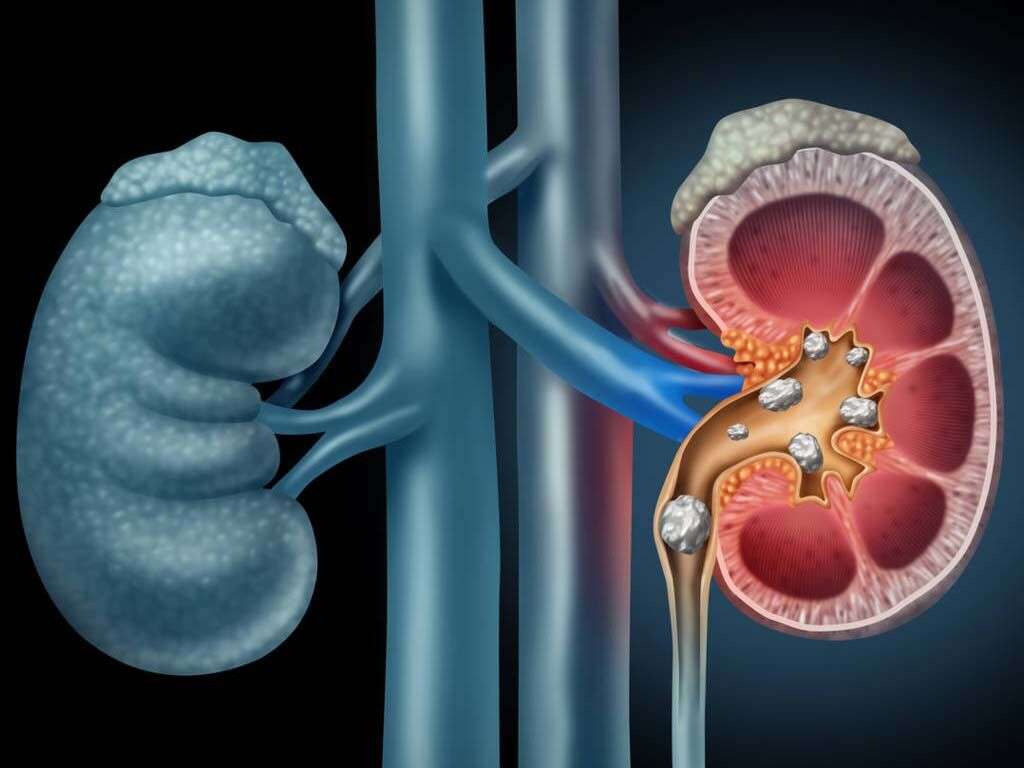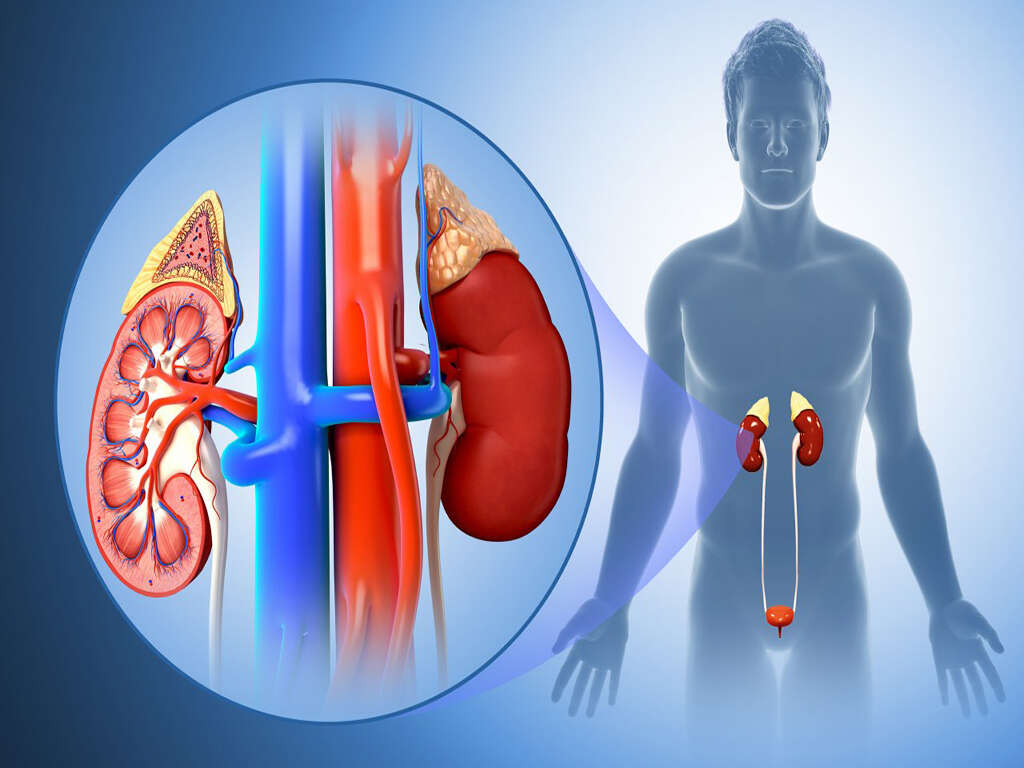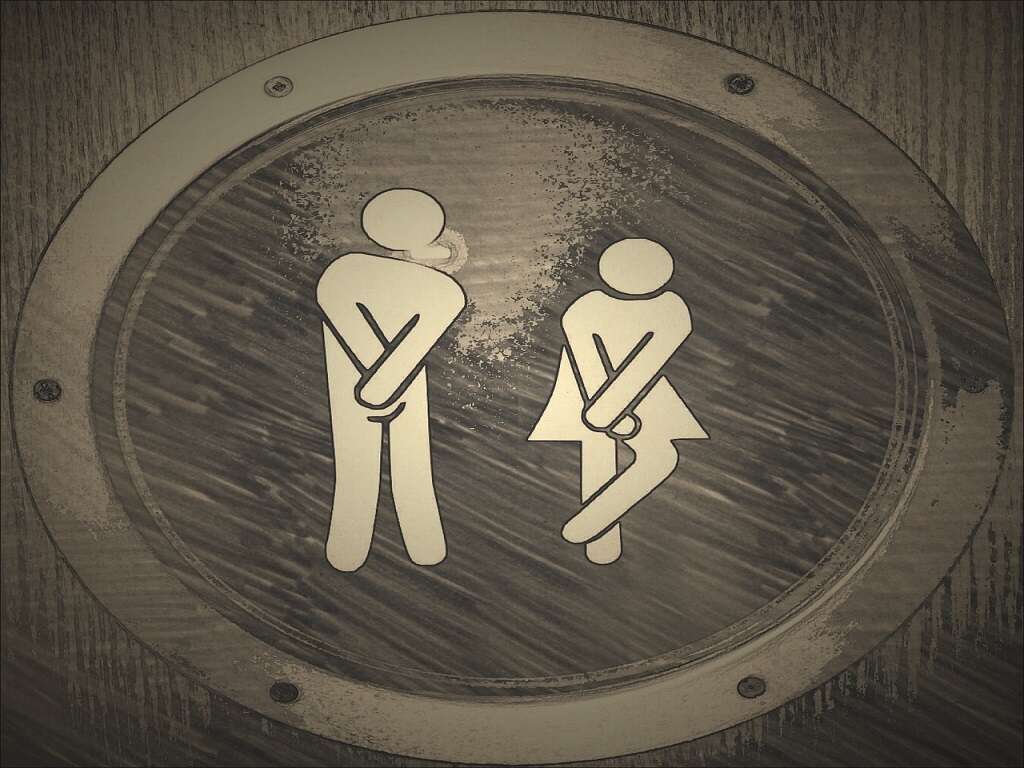What Is Pyelonephritis?
You’ve just sat down on the toilet and felt your least favorite sensation in the world: burning urination. Is it another UTI, or something worse? Should you ignore it and hope it goes away?
Pyelonephritis is simply the medical term for a kidney infection. Symptom-wise, it’s similar to a bladder infection or an ordinary UTI, but it can lead to much more serious effects. A severe infection can be life-threatening if it goes untreated. Read on to discover symptoms and treatment options for a kidney infection.

1. What Are the Symptoms of Pyelonephritis?
Kidney infections are similar to UTIs in that they can present with burning urination and a strong urge to urinate even if your bladder is not full. If you have these symptoms and have not at least been tested for a UTI, consider getting a home test kit or calling your doctor now.
Pyelonephritis, like other infections, can include a fever, chills, and nausea. You’ll also want to be on the lookout for blood in your urine, foul-smelling urine, and pain in your back, flank (your mid-back, where your kidneys are located), or groin.

2. What Causes Pyelonephritis?
The most common cause of a kidney infection involves bacteria entering the kidneys through the lower urinary tract. This bactera makes its way through the urethra, into the bladder, through the ureters, and into the kidneys, where it can cause acute inflammation and irreparable damage.
Pyelonephritis can also be chronic, which is often the case for those with other medical conditions or elderly people. These patients, oddly enough, may not have any pyelonephritis symptoms, which makes it a more dangerous condition.
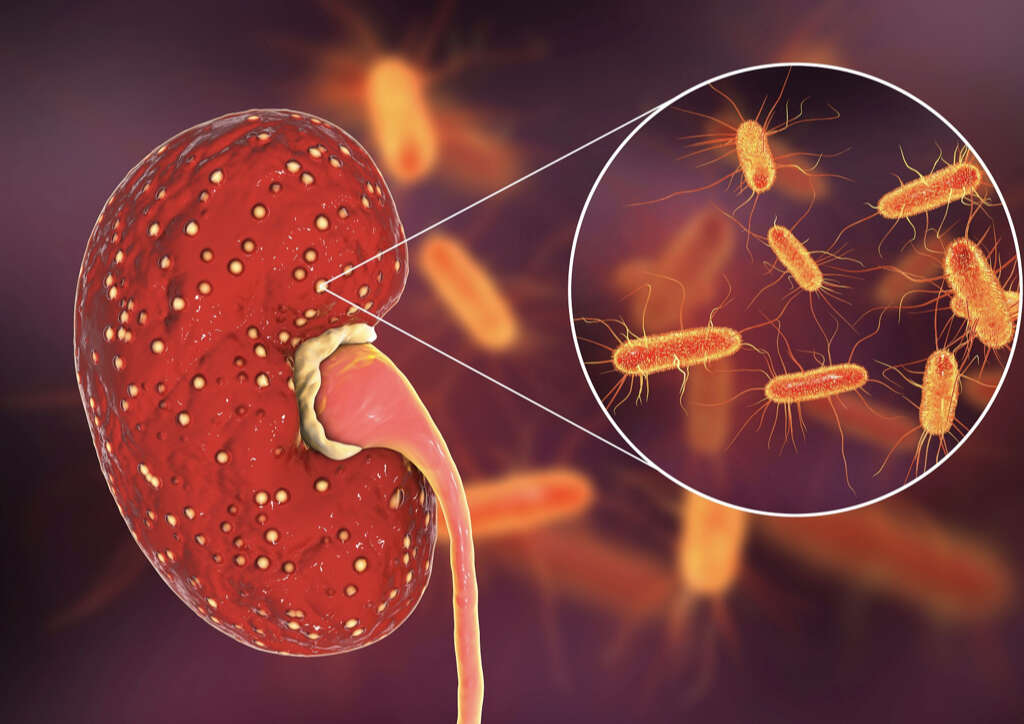
3. How Is Pyelonephritis Diagnosed?
If your doctor suspects that you have a kidney infection, he or she will have you provide a urine sample to check for bacteria in your urine. Blood tests may also be necessary to see if your body is fighting an infection.
If nothing shows up in your urine or bloodwork, or if your doctor still needs more information, you may undergo an ultrasound of your kidneys. Another test called a “voiding cystourethogram,” during which a contrast dye is injected into your bladder before X-rays are taken, is also available for severe or difficult-to-diagnose cases.
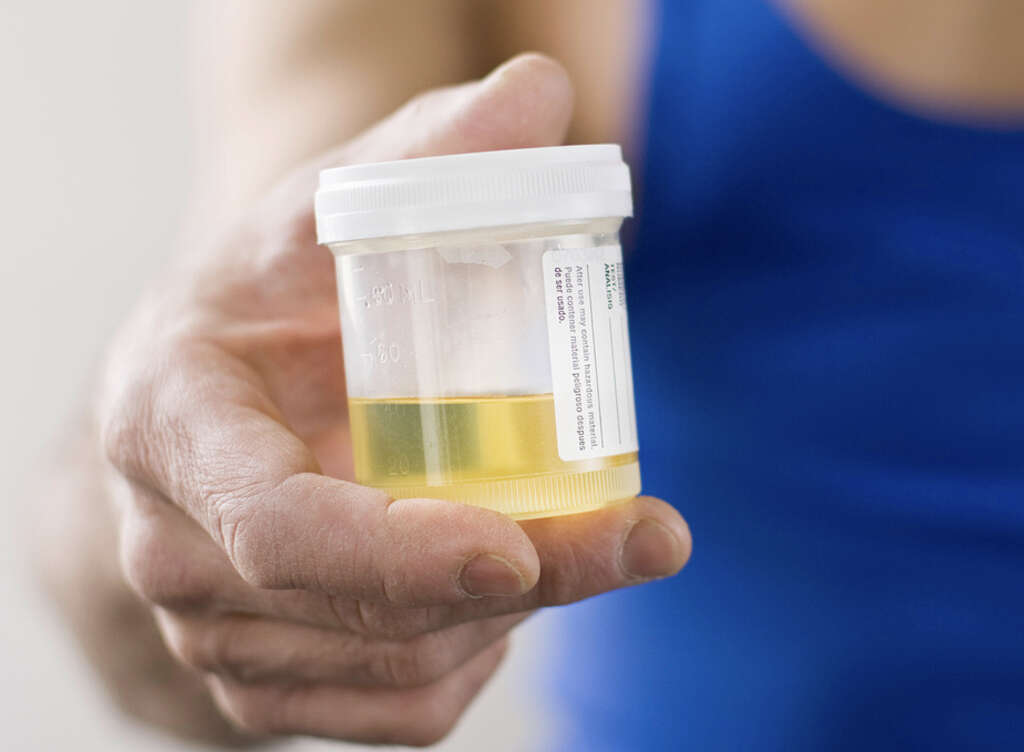
4. How Is a Kidney Infection Different than a UTI?
The difference is mainly in the location. When most people refer to a urinary tract infection, they mean an infection in either the urethra or the bladder. A UTI may occur with burning urination and lower abdominal or pelvic pain, or there may be no symptoms at all. If you have any doubt, contact your doctor for a painless UTI test.
The kidneys are actually part of the urinary tract, so technically a kidney infection is a UTI, but pyelonephritis is the term used to distinguish the two. A kidney infection, unlike a lower UTI, can be very serious and even deadly.

5. What Are the Treatment Options?
Doctors often prefer not to prescribe antibiotics, but having a kidney infection is one exception. You won’t be able to recover from a kidney infection with conservative treatments like getting rest, drinking fluids, and eating chicken soup while you watch TV.
Your doctor decides which antibiotics you should take and for how long, but it’s up to you to follow the treatment plan to the letter. It’s possible to develop a worse infection if you do not finish your course of antibiotics. After treating your infection, your doctor may want to re-sample your urine to make sure it’s completely gone.

6. What Can Happen if I Don’t Treat My Infection?
Kidney infections aren’t like colds or even the seasonal flu. You can’t just ride one out and hope your symptoms get better when a major organ in your body is in the throes of a bacterial infection. Antibiotics are your best bet for recovery.
If you don’t treat a kidney infection, you are at risk for serious illness and even death. Pyelonephritis is not a condition to be taken lightly, so make sure to contact a medical professional if you feel that your UTI has spread to your kidneys.

7. Who Is at Risk for Pyelonephritis?
Overall, women are at higher risk than men due to their shorter urethras. Men are most at risk if they have an object, such as a kidney stone or an enlarged prostate gland, blocking their urine flow.
People with weakened immune systems from conditions like HIV, patients who take medication that suppress their immune systems (such as corticosteroids), and individuals with diabetes are at a greater risk for kidney infections. Those who use catheters are also at risk due to the chance of bacteria being introduced from the catheter into the urinary tract.

8. Will I Have to Go to the Hospital?
Depending on your level of infection, it’s possible that a hospital stay is in your future. You might be dehydrated and in need of fluids, and your doctor may want to monitor you closely if you are nauseous, vomiting, or battling a high fever.
Your doctor may keep you overnight at a hospital, especially if your infection was discovered during an emergency room visit. For milder infections, you can likely rest at home while finishing your course of antibiotics.
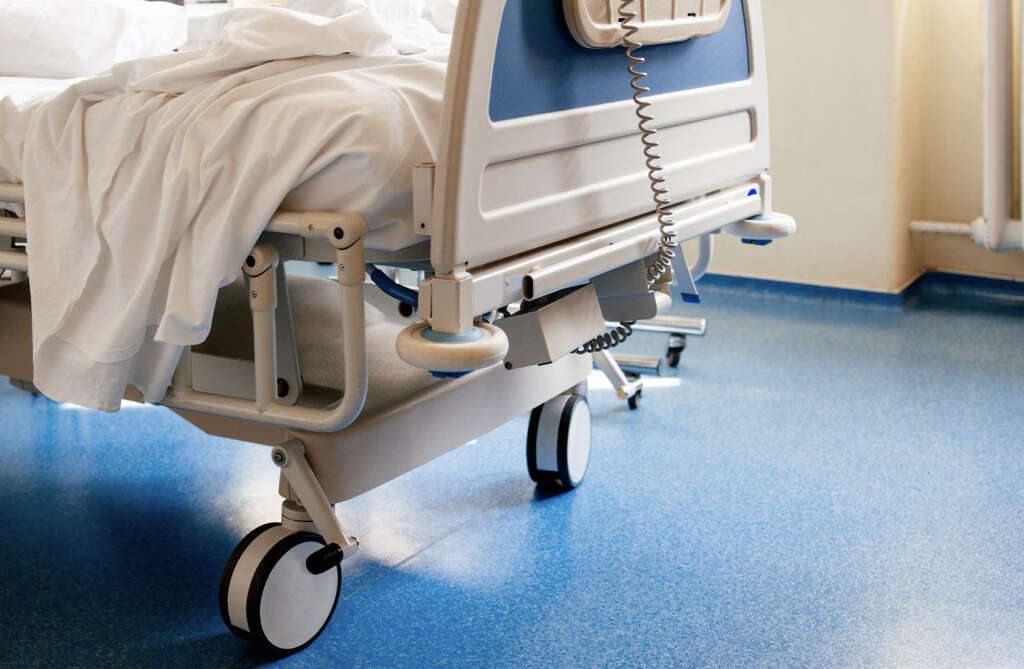
9. Are Kidney Infections Contagious?
It’s natural to wonder if an infection is contagious. Fortunately, if you have a kidney infection, there is almost no chance of passing it onto another person. Because your kidneys are located so deep within your body, the odds of passing that bacteria to someone else are almost nonexistent.
It is possible to get a UTI from having sexual intercourse. However, this is not because an infectious organism has spread from your partner to you and caused an infection; it happens when there is a transfer of surrounding bacteria on your body to your urinary tract.

10. How Can I Prevent Pyelonephritis?
If you have already had one UTI, you are unfortunately prone to getting re-infected, which means you are at higher risk for a subsequent kidney infection. There’s good news, though: You can reduce your risk of developing recurring infections by following a few practical steps.
First, you want to drink a lot of water. Fluids help flush the infection-causing bacteria out of your body. Try to urinate after sexual intercourse, and make sure that you aren’t using perfumed products in such a sensitive area. Finally, if you are diabetic, watch your blood sugar. If it is too high and you can’t get it down to a reasonable level, this puts you at risk for infection. Discuss how you can modify your treatment plan with your doctor.




